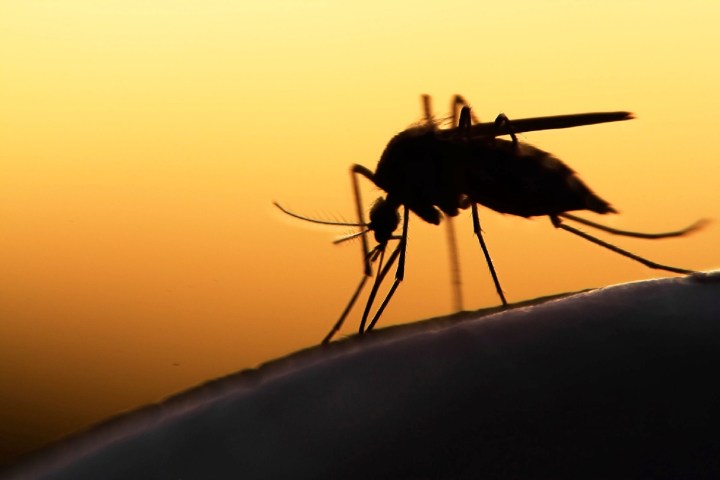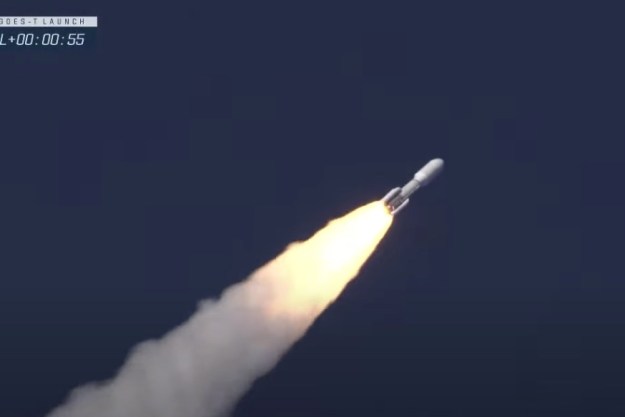
Announced this week, the U.S. Environmental Protection Agency officially signed off on an unorthodox plan to use lab-grown mosquitoes, developed by the Kentucky-based biotech company MosquitoMate, as insect assassins to hunt down disease-carrying wild mosquitoes. It’s part of a project called “Adam,” in which male mosquitoes (the ones that don’t bite, since male mosquitoes feed only on flower nectar) are used as vehicles to deliver a potent mosquito insecticide, thereby reducing mosquito populations.
“MosquitoMate has developed a novel mosquito control tool for the Asian Tiger mosquito, Aedes albopictus, which we call ZAP,” Corey Brelsfoard, team leader for the Adam project, told Digital Trends. “ZAP mosquitoes are a non-biting, male Aedes albopictus mosquitoes that carry a bacterium named Wolbachia. Wolbachia is common throughout insects worldwide, with scientists estimating that over half of all insects naturally carry the infection. When ZAP males are released and mate with naturally occurring Asian Tiger mosquito females, the resulting eggs do not hatch, decreasing the number of the biting mosquito population and potentially impacting disease transmission.”
MosquitoMate’s early laboratory experimental work started as early as 2004 at the University of Kentucky. The company was then spun off in 2010 and has taken an additional seven years to gain its current EPA approved status. The lab-grown mosquitoes will first be deployed close to home in Lexington, Kentucky, although the EPA has given the greenlight for a total of 20 states — provided that the company registers with each individual state prior to releasing its buzzing cargo.
“MosquitoMate has performed field trials using the ZAP technology in Kentucky, California, and New York,” Brelsfoard said. “MosquitoMate has also performed field trials using similar technology targeting the Yellow Fever mosquito, Aedes aegypti, in California and Florida.”
Now we just need to wait and see if it can showcase the same levels of success on the big stage.
Editors' Recommendations
- White House unveils 31 U.S. tech hubs to boost industry
- U.S. airports safer after software upgrades aimed at preventing taxiway landings
- Alaska Airlines to offer digital baggage tags in U.S. first
- U.S. astronaut returns home after record-breaking mission
- U.S. astronaut shares highs and lows of record space trip


